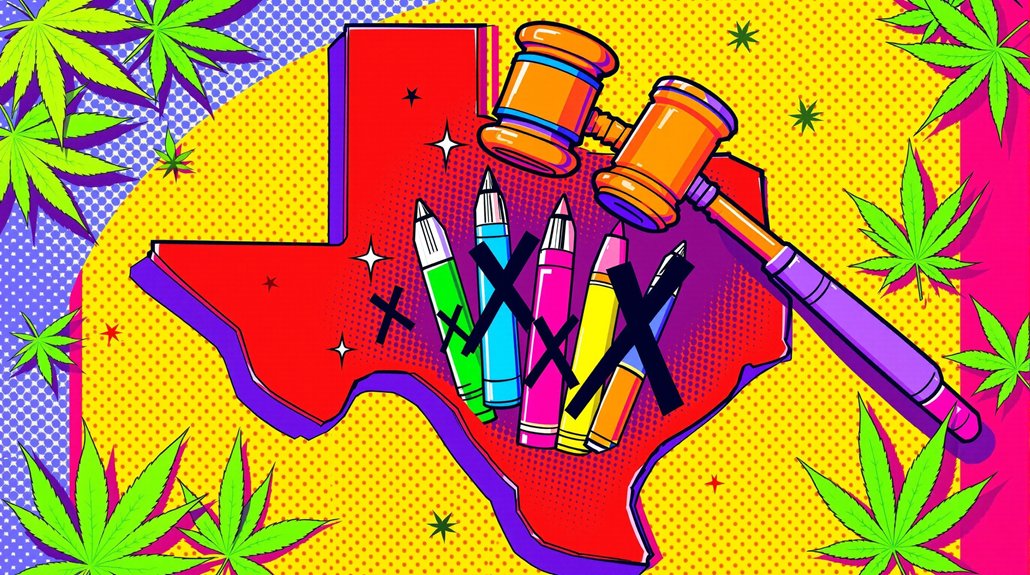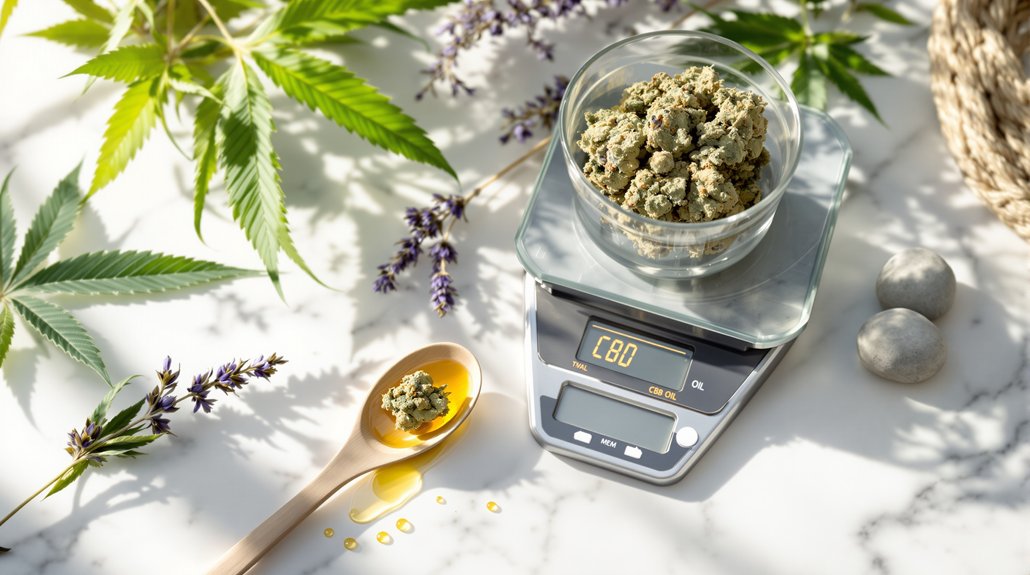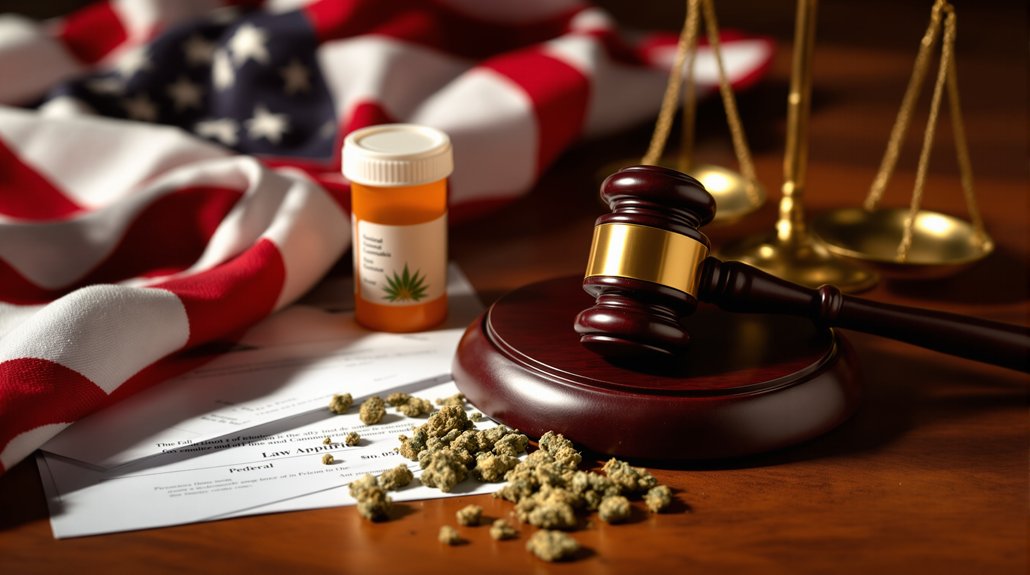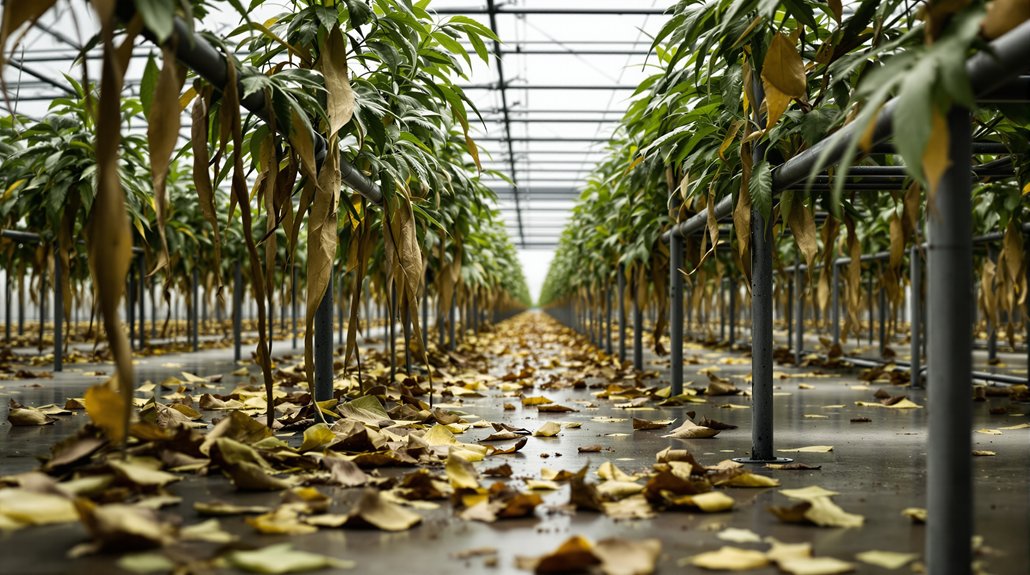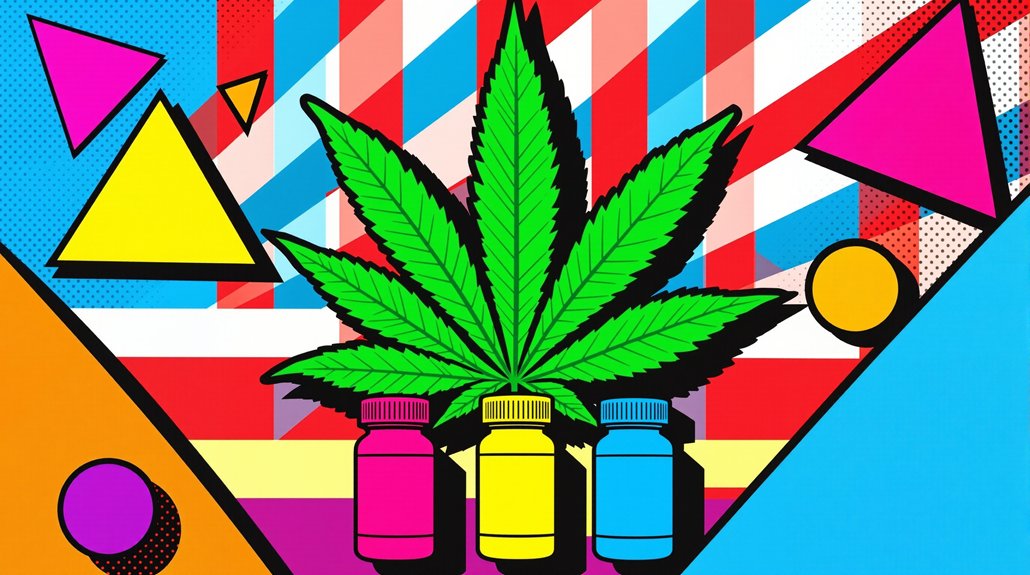Texas lawmakers just pulled the plug on a booming industry. Governor Abbott’s signature on Senate Bill 2024 will ban THC vape products statewide starting September 1, 2025, targeting a massive $5.5 billion market that’s about to go up in smoke, literally. The legislation allows gummies and tinctures to stick around while specifically crushing the vaping sector. Retailers are scrambling to figure out their next move as the clock ticks down to what could reshape Texas cannabis commerce forever.
When will Texas retailers need to clear their shelves of THC vapes? September 1, 2025 marks the deadline for what industry insiders are calling a seismic shift in the Lone Star State’s hemp market. Senate Bill 2024, signed by Governor Greg Abbott on June 20, 2025, establishes an extensive statewide ban targeting an estimated $5.5 billion market segment.
The ban casts a wide net over THC vape products. Delta-8, delta-9, delta-10, HHC, and similar hemp-derived cannabinoids all fall under the prohibition when sold in vaporizer form. CBD vapes didn’t escape the regulatory sweep either – they’re equally banned regardless of THC concentration. Products marketed to minors or disguised as everyday items like toys, cosmetics, pens, and highlighters face particular scrutiny.
However, the law draws clear distinctions between consumption methods. Gummies, tinctures, capsules, and other ingestibles containing less than 0.3% delta-9 THC by dry weight remain legal pending ongoing litigation. This creates an unusual regulatory landscape where the substance itself isn’t banned, just the delivery method. This aligns with existing legal frameworks that allow hemp products with less than 0.3% Delta-9 THC content at time of sale to remain legal in Texas.
Texas bans the vape, not the substance, creating a regulatory maze where delivery method determines legality.
Enforcement carries serious teeth. Selling or marketing banned vape products constitutes a Class A misdemeanor, punishable by up to one year in jail and a $4,000 fine. The legislation extends beyond domestic products, specifically targeting Chinese-manufactured vapes and those from designated “foreign adversary” countries. The ban also includes vapes mixed with alcohol, kratom, kava, or mushrooms, expanding beyond traditional hemp-derived cannabinoids. Only medical vapes under Texas’s Compassionate Use Program receive exemption status.
Retailers face immediate operational challenges. Existing inventory of banned products cannot be legally sold after the effective date, creating potential inventory write-offs. Disposable vapes, previously a major revenue segment, are effectively eliminated from the Texas market. The compliance requirement is absolute, there’s no gray area for gradual phase-outs. All retailers and distributors must maintain current DSHS registration to continue operating legally under the updated regulations.
The economic ripple effects extend throughout supply chains. Hemp and vape businesses anticipate significant revenue losses, while import restrictions on foreign-manufactured products compound the financial impact. Industry observers predict demand may shift toward non-vape hemp products, potentially creating new market opportunities for compliant businesses.
Consumer access undergoes dramatic restriction. Texas residents lose legal access to one of the most popular cannabis consumption methods, with medical users under the Compassionate Use Program representing the sole exception. This narrowing of legal options raises concerns about potential gray market activity.
The legislative journey reflects broader regulatory tensions. SB 2024 succeeded where previous attempts failed—an earlier bill seeking broader hemp-derived THC prohibition was vetoed, making this vape-specific approach something of a compromise position. Ongoing litigation and debate continue over definition and compliance standards for remaining legal hemp products.
Market adaptation appears inevitable. Retailers must navigate swift compliance requirements while monitoring for potential regulatory adjustments. The ban represents one of the most significant state-level restrictions on hemp-derived products, establishing Texas as a case study for similar legislative efforts nationwide. The September deadline approaches quickly, leaving little time for industry adjustment.
